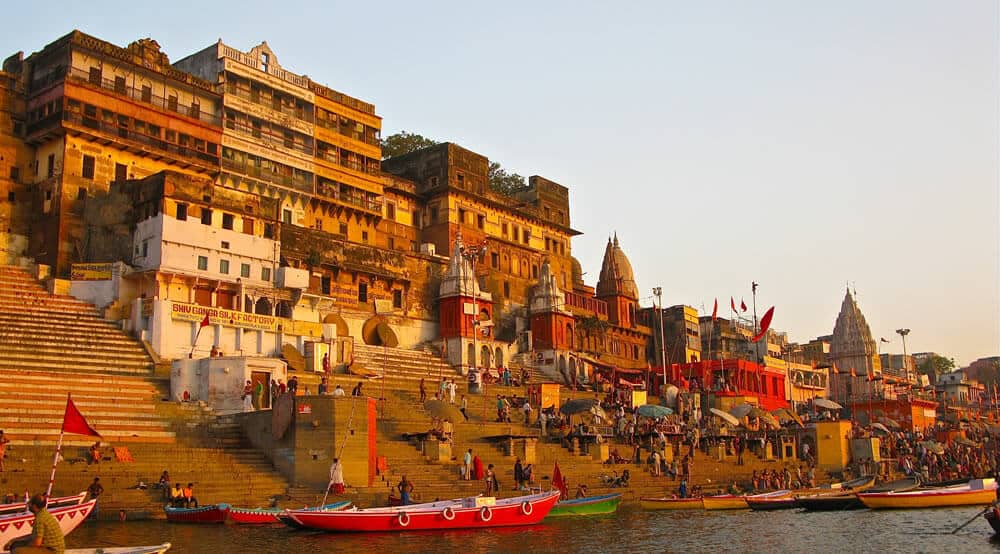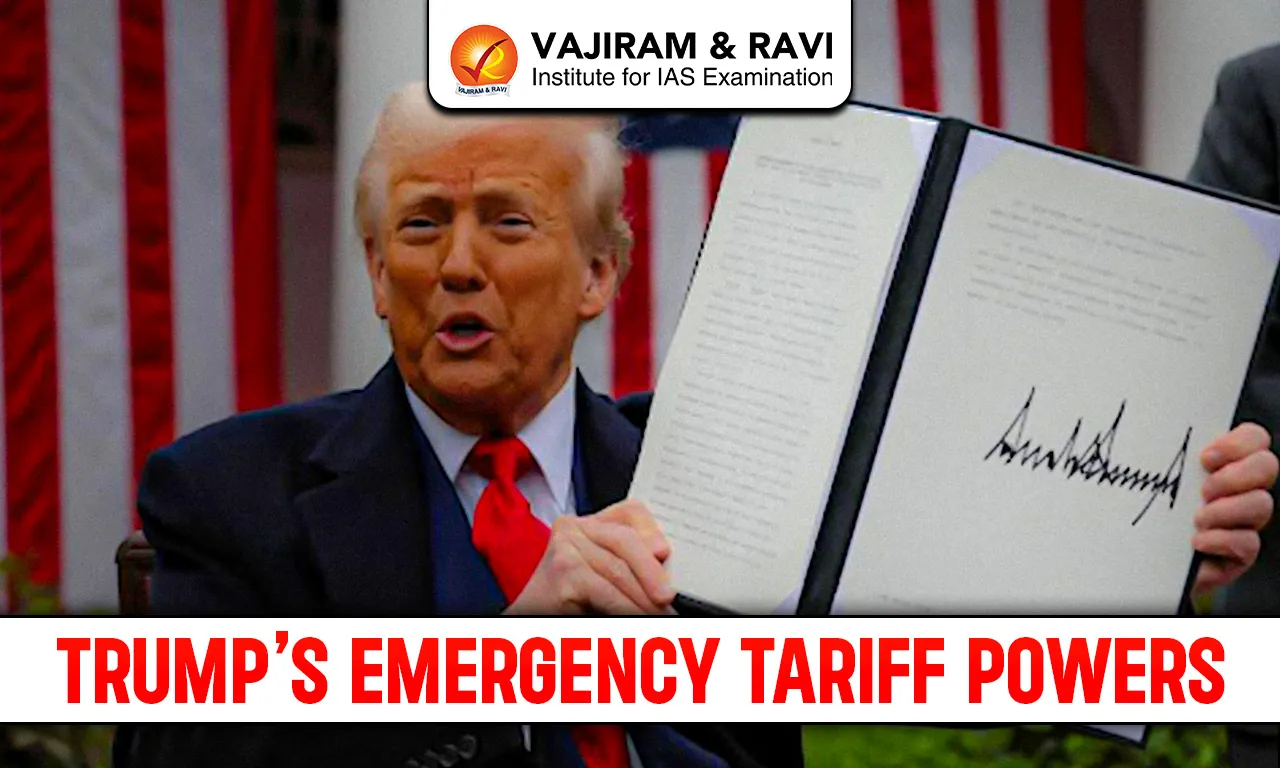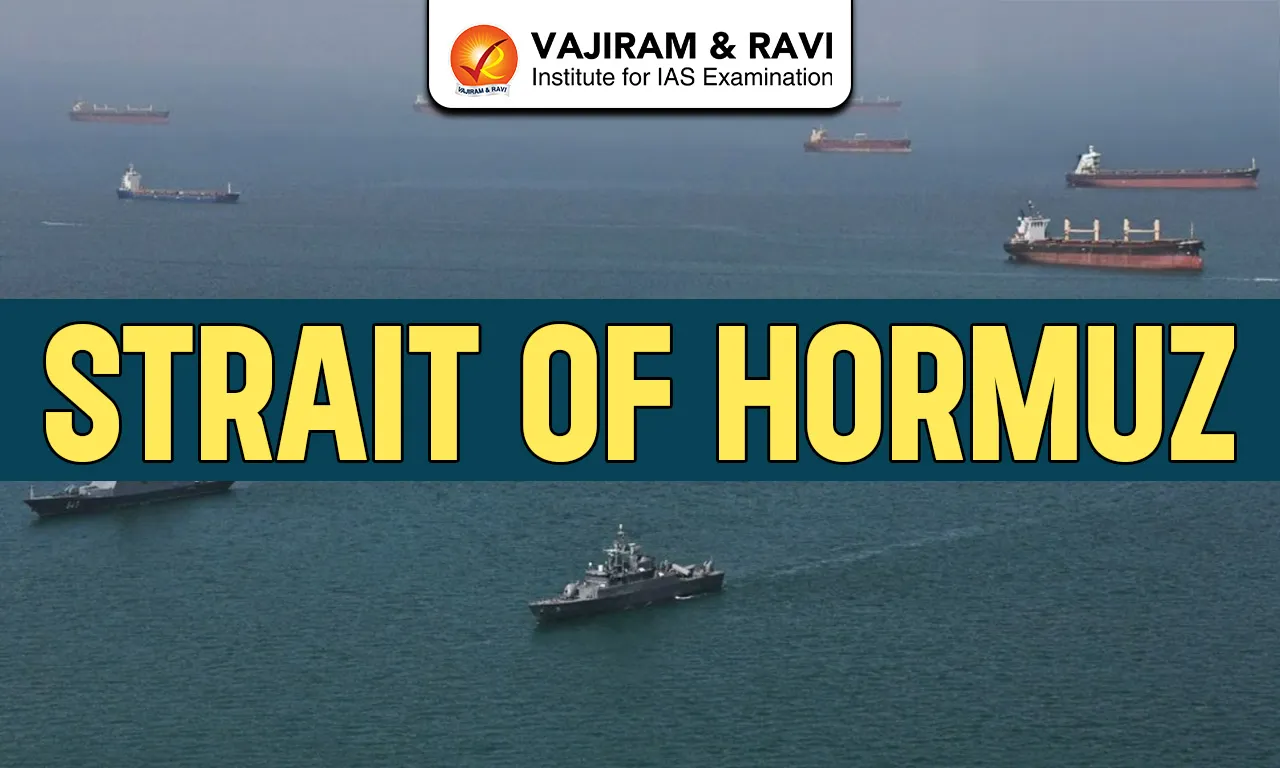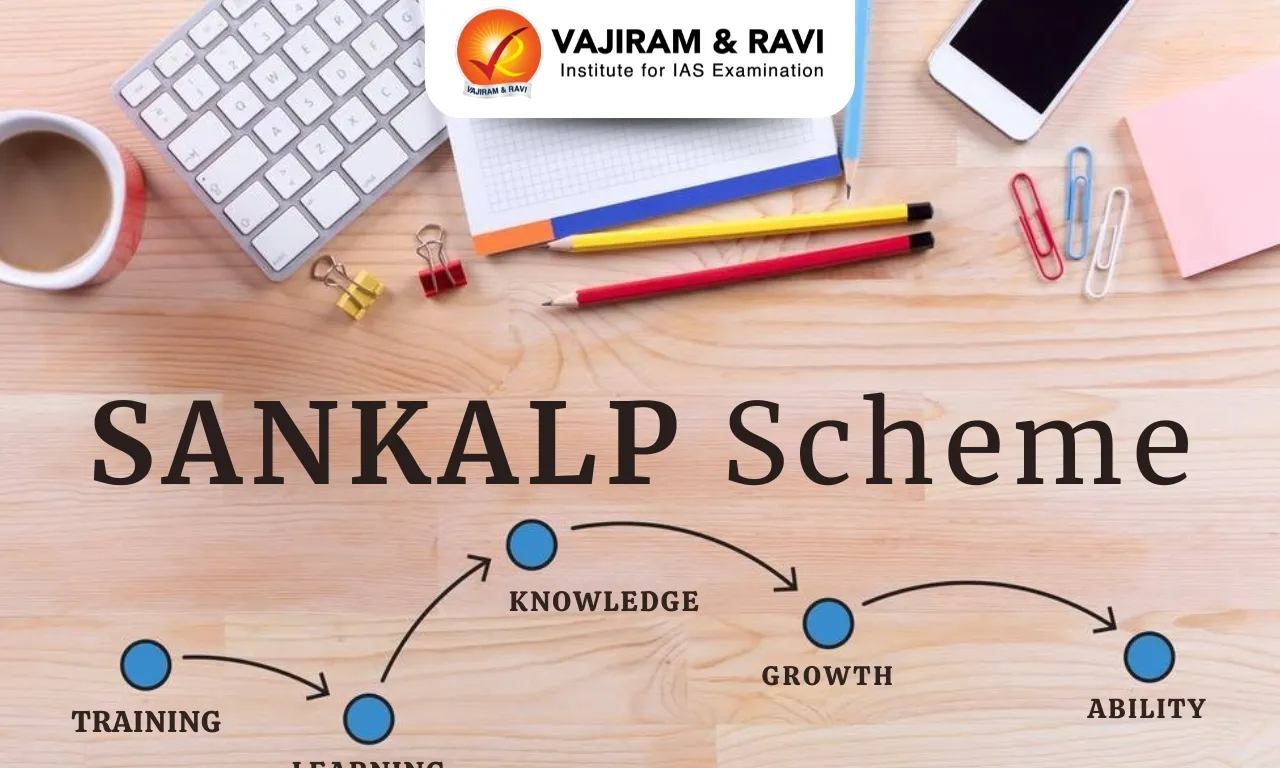What’s in Today’s Article?
- Why in News?
- Culture in the G20
- Culture under India’s G20 Presidency
- Highlights of the Outcome Document ‘Kashi Culture Pathway’
Why in News?
- After the meeting of G-20 Culture Ministers in Varanasi, the Outcome Document titled ‘Kashi Culture Pathway’ was unanimously agreed to by all G-20 members.
- The G-20 nations arrived at a consensus on cultural issues, however, there was no unanimity on “geopolitical issues” like the war in Ukraine.
Culture in the G20:
- At the global level, culture has been recognised as an enabler of growth and sustainable development.
- The UNESCO World Conference on Cultural Policies and Sustainable Development – MONDIACULT 2022, adopted a Declaration affirming culture as a ‘global public good’.
- The G20 Culture Ministers met for the first time in 2020 and highlighted culture’s cross-cutting contribution to advancing the G20 agenda.
- Recognising the synergies between culture and other policy areas, culture was integrated into the G20 agenda as a Culture Working Group in 2021.
- In 2021, the Rome Declaration of G20 Ministers firmly positioned culture as an engine for propelling sustainable socio-economic recovery.
- This historic declaration has anchored culture at the heart of public policy and international cooperation by –
- Recognising its intrinsic value for sustainable development.
- Considering the impact of culture, cultural heritage and the creative economy on the economic, social and environmental dimensions of development.
Culture under India’s G20 Presidency:
- India firmly believes in the philosophy of Vasudhaiva Kutumbakam – the earth is one family,and all individuals are collectively responsible towards each other and their shared future.
- This shapes India’s vision of sustainable living.
- India’s G20 Presidency aims to nurture, celebrate, and incorporate the cultural diversity of the member states while striving towards achieving holistic living and building a pro-planet society.
- The G20 Culture Working Group stands among the 13 thematic Working Groups set up by the Indian Presidency to frame the G20 process in 2023.
- The Culture Working Group brings together representatives from G20 Member countries, etc., to discuss priorities and provide recommendations.
- Four culture-related priorities set forth by the Indian Presidency are –
- Protection and Restitution of Cultural Property
- Harnessing Living Heritage for a Sustainable Future
- Promotion of Cultural and Creative Industries and the Creative Economy
- Leveraging Digital Technologies for the Protection and the Promotion of Culture
- The working group is expected to meet 4 times across the working process in Khajuraho, Bhubaneshwar, Hampi and Varanasi, leading up to a G20 culture ministerial meeting.
- The outcomes of the Culture Working Group will also feed into the 18th G20 Summit to be held in September 2023.
Highlights of the Outcome Document ‘Kashi Culture Pathway’:
- It highlights the need to address –
- The destruction of cultural heritage in situations of conflict,
- The curbing of illicit trafficking of artifacts,
- The restitution of cultural property and
- The need to protect living heritage, especially of indigenous people.
- The document said the nations were united against destruction of cultural heritage whether intentional or collateral, notably in situations of conflict.
- They called for a strengthened and effective global coalition to bolster the fight against the illicit trafficking of cultural property.
- The document sought cooperation among nations and strengthening of appropriate tools to increase the effectiveness of law enforcement collaboration through voluntary data and information exchange.
- It sought enhanced research, documentation, awareness-raising and capacity-building of specialised cultural professionals, judiciary and law enforcement authorities, etc., to the fight against the illicit trafficking of cultural property.
- The document also sought preventive action and regulation of illicitly exported cultural property specially in online trade.
- It sought an inclusive dialogue on the return and restitution of cultural property by enabling alternate dispute resolution mechanisms.
- The G-20 nations also reaffirmed their commitment to strengthen institutional and policy frameworks to harness living heritage for sustainable development.
- The countries recognised the misuse and misappropriation of living cultural heritage, particularly of local communities as well as of indigenous peoples, especially for commercial use.
Q1) How is the G20 Presidency decided?
The G20 Presidency operates on a rotational basis, with a different member nation leading each year. This rotational arrangement is founded on the division of the 19 member states (excluding the EU) into five groups primarily based on regional affiliations.
Q2) What is MONDIACULT 2022?
Hosted by the Government of Mexico, the UNESCO World Conference on Cultural Policies and Sustainable Development – MONDIACULT 2022 was convened by UNESCO 40 years after the first MONDIACULT to act for culture as a global public good.
Source: G-20 nations arrive at consensus on issues of cultural heritage | UNESCO
Last updated on February, 2026
→ UPSC Notification 2026 is now out on the official website at upsconline.nic.in.
→ UPSC IFoS Notification 2026 is now out on the official website at upsconline.nic.in.
→ UPSC Calendar 2026 has been released.
→ UPSC Final Result 2025 is expected to be released in the second week of April 2026.
→ Check out the latest UPSC Syllabus 2026 here.
→ Join Vajiram & Ravi’s Interview Guidance Programme for expert help to crack your final UPSC stage.
→ UPSC Mains Result 2025 is now out.
→ UPSC Prelims 2026 will be conducted on 24th May, 2026 & UPSC Mains 2026 will be conducted on 21st August 2026.
→ The UPSC Selection Process is of 3 stages-Prelims, Mains and Interview.
→ Prepare effectively with Vajiram & Ravi’s UPSC Prelims Test Series 2026 featuring full-length mock tests, detailed solutions, and performance analysis.
→ Enroll in Vajiram & Ravi’s UPSC Mains Test Series 2026 for structured answer writing practice, expert evaluation, and exam-oriented feedback.
→ Join Vajiram & Ravi’s Best UPSC Mentorship Program for personalized guidance, strategy planning, and one-to-one support from experienced mentors.
→ Check UPSC Marksheet 2024 Here.
→ UPSC Toppers List 2024 is released now. Shakti Dubey is UPSC AIR 1 2024 Topper.
→ Also check Best UPSC Coaching in India




















